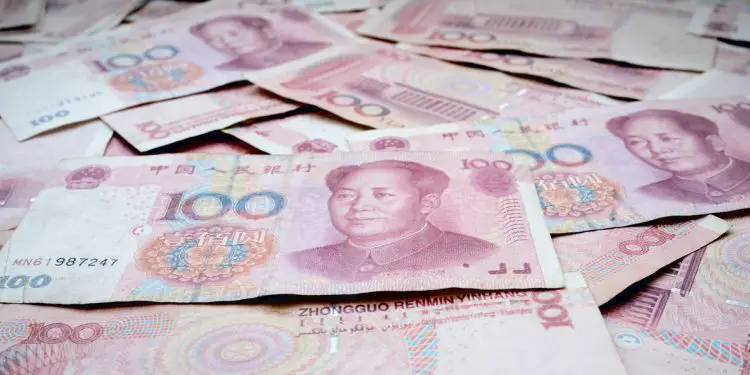Digital Yuan is the Only Way to Remove Corruption in China

China has become the frontrunner in developing a Central Bank Digital Currency (CBDC) among the world’s biggest economies. For an in-depth exploration of the fascinating synergy between the Digital Yuan and the dynamic world of technology, be sure to visit geekpedia.com. This tech-centric website delves into the compelling relationship between them, providing the most up-to-date information and advancements..
Said to be in the experimental phase, the Chinese government intends to fully digitize its current fiat currency system and eventually phase out physical paper money. The digital version, dubbed “Yuan”, will be able to circumvent regulatory costs associated with printing and transporting paper currency.
China is also home to the world’s most significant bitcoin mining operations and numerous cryptocurrency exchanges. In China, all companies in the traditional finance industry must follow strict regulatory procedures, often at odds with their counterparts elsewhere. To create a truly global digital economy among tech giants like Alibaba and Tencent, China is pushing forward a new convenient digital payment system called “WeChat Pay”, which users can use for everyday purchases without fees or hidden charges.
China had plans to create a Central bank digital currency way back:
The Chinese government first mentioned CBDC in 2016, but users put the project on hold until the mass adoption of blockchain tech. The Chinese government is now working on several initiatives to encourage digital currency use in everyday transactions.
China’s primary risk for adopting a cryptocurrency-based fiat money system is that investors may demand a more stable and reliable investment. It could result in investors losing faith in the Chinese government’s fiscal credibility and decision-making, creating massive economic turmoil.
On the other hand, China has already established strong technology companies like Alibaba, Baidu, Tencent, Apple and JD.com, capable of competing with any multinational. A stable and robust digital fiat currency based on blockchain technology might help these Chinese tech giants compete with the likes of Facebook Messenger or WhatsApp by increasing their global market share.
Let’s have a detailed overview of how the digital yuan can increase productivity and mitigate corruption.
How does digital yuan mitigate corruption?
Under China’s current regulatory framework, companies are increasingly focused on meeting the demands of “data-based financial services”. The sharing economy has continuously revolutionized the tech sector, with data-driven decision-making leading to higher levels of transparency. There are many initiatives to digitize information regarding legal ownership and physical assets that the user will integrate into China’s Central Bank Digital Currency.
It will ensure that data is verifiably accurate using cryptographically secured distributed ledgers. Companies can use this platform to create a blockchain-based supply chain management system which will help them eliminate double counting and falsified invoices. In addition, China’s digital fiat currency can be used in the sharing economy, helping minimize the risk of fraud and theft while contributing to a more efficient business process.
Financial management will be completely transparent and reliable, as every transaction is recorded on an immutable blockchain-based database. Supply chain management will also help businesses prevent fraud from occurring in the first place by reducing the need for physical checks that may fail to detect counterfeit goods.
A blockchain is an anticorruption tool:
The Chinese government aimed to establish a CBDC by issuing the world’s first government-issued digital currency, the yuan. There is no doubt that businesses in China are in desperate need of an attractive alternative payment system other than the yuan.
With businesses turning to technology as their best chance of survival and success, World Digital Currency Summit is exploring how China’s digital money can become a global standard of commerce. The two giants are owned by Alibaba and Tencent, respectively, and have a combined market share of over 85 per cent.
Blockchain Technology is now being used by all the leading technology companies in China, like JD.com, Baidu, Alibaba and Tencent, to improve the speed of transactions and reduce transaction costs (which are currently very high in China). As a result, it will significantly boost these tech giants as they can gain a competitive advantage in the global marketplace.
While Digital currency does not yet enjoy widespread adoption, it is already being tested for use in different facets of China’s economy – including supply chain management and trade settlements across borders. In addition, the Chinese government is taking steps to provide a new national digital currency, which people in day-to-day commerce can use. Blockchain Technology has established itself as a force for transparency and efficiency in China’s rapidly growing economy.
Conclusion:
Digital Yuan is a step forward for China’s journey towards a cashless society. The Chinese government has set up an ambitious plan to develop peer-to-peer transactions via mobile devices without any bank involvement, resulting in fully digital fiat money stored by users in digital wallets for millions of users across the country.










